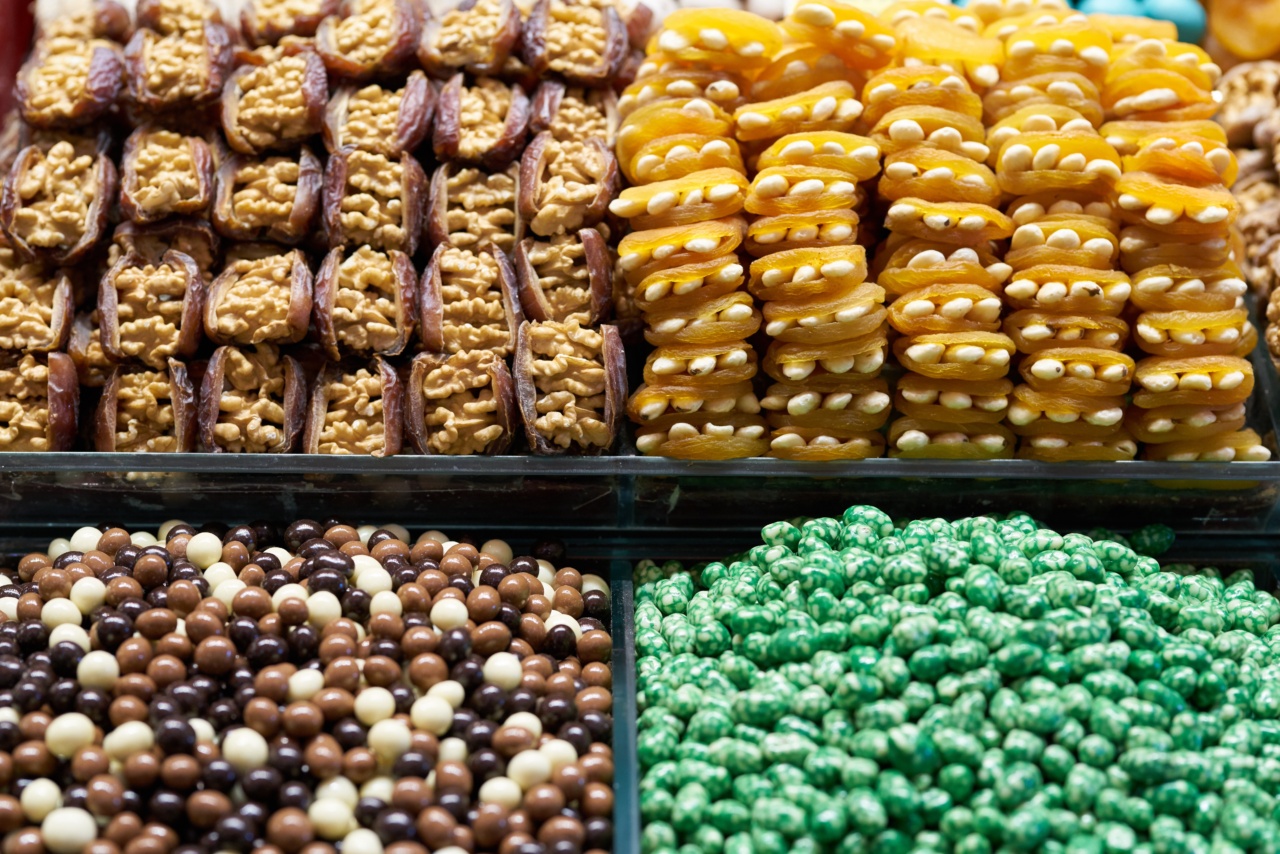Sweeteners have become an integral part of our diets. They are widely used in many food products and beverages, and we consume them regularly without giving them much thought.
Sweeteners are substances that are added to food and drinks to make them taste sweeter. They provide flavor without the added calories that come with sugar, making them a popular choice for those who want to maintain a healthy weight or control their blood sugar levels.
However, not all sweeteners are created equal, and their health impacts can vary widely.
This article will explore some of the most common sweeteners on the market, their calorie counts, and the potential health impacts associated with their consumption.
Sugar
Sugar is perhaps the most well-known sweetener and is used in countless food products and beverages. However, regular consumption of sugar has been linked to obesity, type 2 diabetes, and other health issues.
One teaspoon of sugar contains around 16 calories, and most people consume far more sugar than they realize.
High-Fructose Corn Syrup (HFCS)
High-fructose corn syrup is a sweetener made from corn starch. It is cheaper and easier to use than sugar, which is why it has become so prevalent in processed foods.
However, some studies have linked consumption of HFCS to weight gain and an increased risk of heart disease. HFCS contains 55% fructose and 45% glucose and has a calorie count of around 60 calories per tablespoon.
Artificial Sweeteners
Artificial sweeteners are non-caloric sweeteners that are often used as a sugar substitute. They are much sweeter than sugar, so only small amounts are needed to achieve the same level of sweetness.
However, there is some controversy surrounding the health impacts of artificial sweeteners, with some studies suggesting that they may be associated with an increased risk of cancer and other health issues. Artificial sweeteners include aspartame, saccharin, sucralose, and neotame.
Stevia
Stevia is a natural sweetener derived from the leaves of the Stevia rebaudiana plant. It is up to 300 times sweeter than sugar, but it has zero calories.
Stevia has become increasingly popular in recent years, and many people prefer it to other sweeteners due to its natural origin and lack of calories. However, some studies suggest that stevia may be associated with a bitter aftertaste and that it may have a laxative effect on some individuals.
Monk Fruit Sweetener
Monk Fruit Sweetener is a natural sweetener that is derived from the monk fruit. It is incredibly sweet and has zero calories.
It has become increasingly popular in recent years, and many people prefer it to other sweeteners due to its natural origin and lack of calories. However, monk fruit sweetener can be expensive, and some people find that it has a slight aftertaste.
Agave Nectar
Agave nectar is a sweetener derived from the agave plant. It has a low glycemic index, meaning that it is less likely to cause blood sugar spikes than other sweeteners. However, agave nectar is high in calories, with around 60 calories per tablespoon.
Some studies have linked consumption of agave nectar to an increased risk of heart disease and other health issues.
Coconut Sugar
Coconut sugar is a sweetener that is made from the sap of the coconut palm. It has a lower glycemic index than sugar and is less likely to cause blood sugar spikes.
Coconut sugar also contains some vitamins and minerals, making it a slightly healthier choice than regular sugar. However, coconut sugar is still high in calories, with around 45 calories per tablespoon.
Honey
Honey is a natural sweetener that has been used for thousands of years. It contains antioxidants and has antimicrobial properties, making it a healthy choice in moderation. However, honey is high in calories, with around 60 calories per tablespoon.
It also contains fructose, which can cause blood sugar spikes in some individuals.
Molasses
Molasses is a byproduct of the sugar refining process. It is high in antioxidants and contains several vitamins and minerals, making it a healthier choice than some other sweeteners.
However, molasses is high in calories, with around 70 calories per tablespoon. It also has a strong flavor, which may not be to everyone’s taste.
The Bottom Line
There are many different sweeteners available on the market, each with its own unique calorie count and potential health impacts.
While some sweeteners are healthier than others, it is important to remember that they should all be consumed in moderation as part of a balanced diet.




























